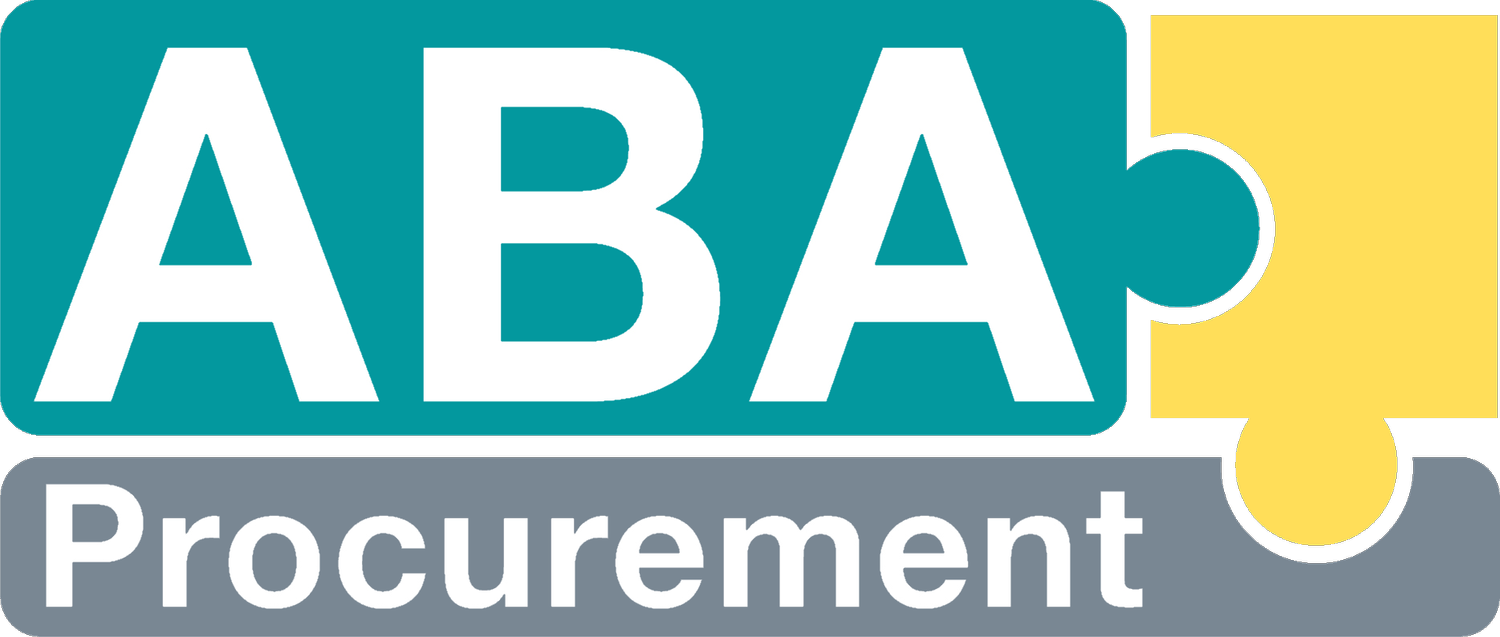ABA has joined the Norfolk Anti-Slavery Network!
We’ve joined the Norfolk Anti-Slavery Network (NASN)’s Business Group. The group is led by the Police & Crime Commissioner’s Office under the ‘hidden victims’ fund.
The business group exists to raise awareness of modern slavery and share best practice for how to identify, tackle and prevent modern slavery in Norfolk.
There are four types of modern slavery:
Forced labour - When victims are controlled in where and how they work, with the money being taken by another
Bonded labour - When victims are forced to take on some kind of debt which restricts their ability to leave a workplace
Child labour - Children who are forced to work
Human trafficking - The forced movement of people from one location to another
There are an estimated 49.6 million people in modern slavery across the world.[1] High risk areas include agriculture, mining for precious metals and textiles.
It’s easy to assume that slavery is a problem for further down the tiers of our supply chain, but it happens here in the UK, too. In 2023, there were 17,004 potential victims of modern slavery were referred to the Home Office. Of these, 25% were British nationals and 76% were male.[2]
In Norfolk, 269 victims were identified between July 2022 and June 2023 and half of the victims were young people.[3]
Procurement professionals are in a really important place in our organisation because we have a view of our whole supply chain and make real changes to try and reduce the world’s dependence on modern slavery.
Procurement professionals are in a really important place in our organisation because we have a view of our whole supply chain and make real changes to try and reduce the world’s dependence on modern slavery.
The objectives of the NASN are to:
Identify, support, protect and empower victims of modern slavery and human trafficking.
Support agencies, the business community and local organisations who are tackling MSHT (modern slavery and human trafficking) by ensuring the right skills, knowledge and processes are in place.
Promote collaboration and joint working amongst partner organisations and community-based agencies.
Increase reporting of suspected MSHT.
Raise awareness of MSHT within the communities of Norfolk
“In Norfolk, 269 victims were identified between July 2022 and June 2023 and half of the victims were young people.”
Some signs of modern slavery include:
Being reluctant to interact with others
Appearing frightened or withdrawn
Working excessively long hours
Fear of authorities
Limited opportunities to move freely
Wearing the same clothes all the time
CIPS Programme and Modern Slavery
In the CIPS course, Procurement professionals are also pointed towards international bodies who are working to reduce modern slavery across the globe. One of these is the International Labour Organisation, which is an arm of the UN devoted to promoting social justice and human rights. It brings together governments, employers and workers and recognises that no single organisation can stop exploitation.
Many British businesses with global supply chains are part of the Ethical Trading Initiative. These include Sainsburys, Primark, M&S and TfL. You will come across the ETI Base Code in your CIPS studies, which has nine principles, including:
Freedom of association (trade unions)
Safe working conditions
Paying a living wage
Closer to home, we’re looking for other businesses in Norfolk who would like to join the business group. In particular, if you operate in high risk industries such as agriculture and food production. Get in touch with Beth who can pass you on to the right people or contact NASN directly through their website.
What to Do if You’re Concerned About Modern Slavery
If you are worried about a potential victim of modern slavery and they are in immediate danger, always call 999 and speak to the police.
Other useful contacts include:
Modern Slavery Helpline (open 24/7) 08000 121700
GLAA - Gangmasters Labour and Abuse Authority Tel: 0800 432 0804
EAS - Employment Agency Standards Tel: 020 7215 4477
Email: eas@beis.gov.uk
[1] Hope for Justice https://hopeforjustice.org/modern-slavery/
[2] Modern Slavery: National Referral Mechanism and Duty to Notify statistics UK, end of year summary 2023 https://www.gov.uk/government/statistics/modern-slavery-nrm-and-dtn-statistics-end-of-year-summary-2023/modern-slavery-national-referral-mechanism-and-duty-to-notify-statistics-uk-end-of-year-summary-2023


